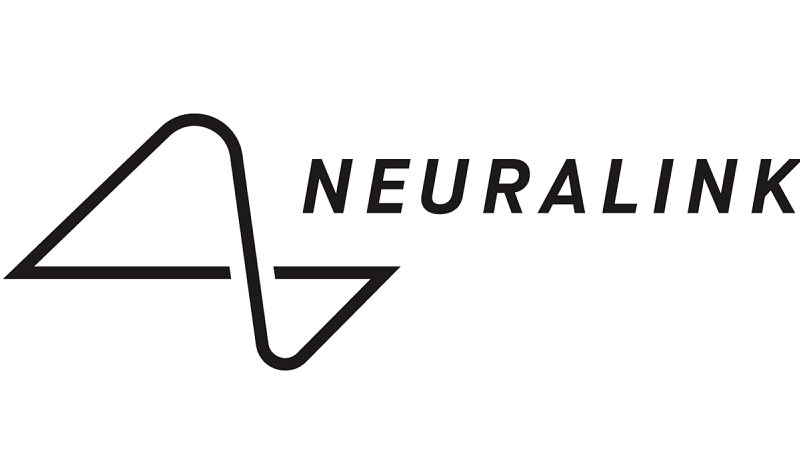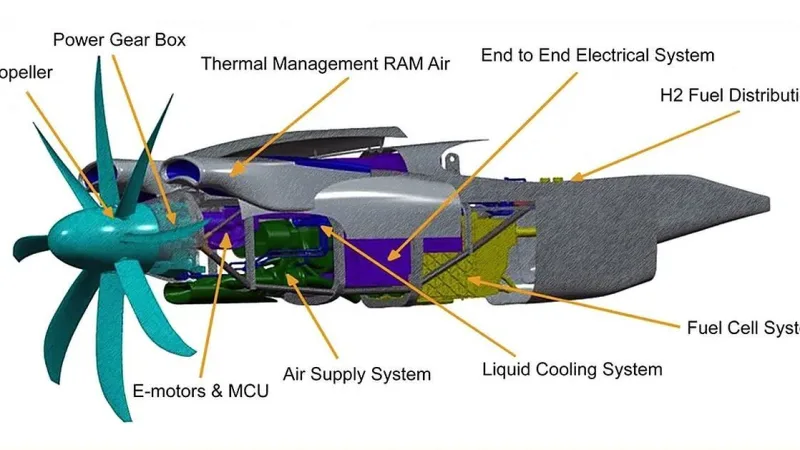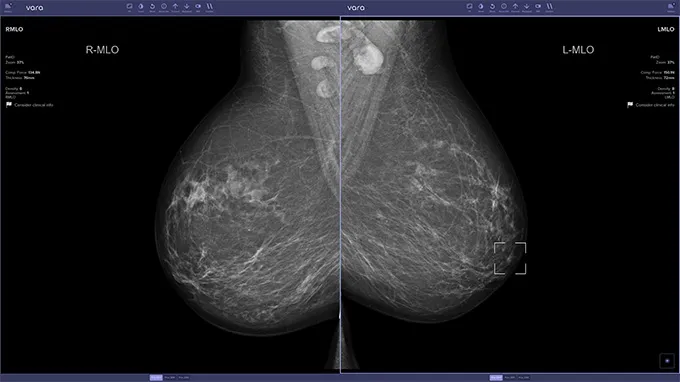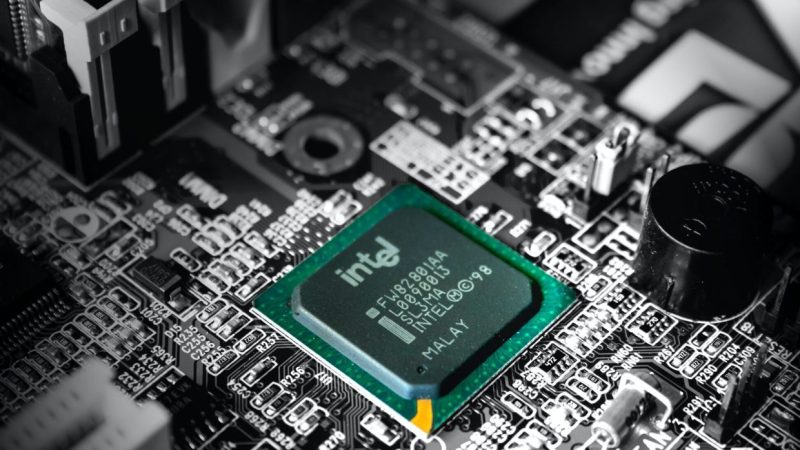Neuralink Gains US Approval to Test Brain Implants on Humans

Neuralink Corp., the brain-implant company founded by Elon Musk, has been granted approval from the US Food and Drug Administration (FDA) to conduct human clinical trials. This marks a major milestone in the development of their device, which is designed to link the brain to a computer using electrode-laced wires implanted through drilling into the skull.
Neuralink Passed Safety Tests
Cristin Welle, a former FDA official and associate professor of neurosurgery and physiology at the University of Colorado, commented that this approval is “really a big deal”. She explained that it means Neuralink has passed safety preclinical testing and bench testing for mechanical and design flaws, as well as for longevity and biocompatibility.
Intended Use of Device
Since its founding in 2016, Neuralink has attracted some of the most renowned neuroscientists in the field. The device is designed to help people with paralysis or traumatic brain injuries communicate and control a computer using only their thoughts. Elon Musk has also suggested that it could enable humans to stay ahead of the curve with advances being made by artificial intelligence, allowing them to remain competitive in an increasingly AI-driven world.
Other Companies Developing Similar Technology
The US Food and Drug Administration’s (FDA) approval of Neuralink puts the company on par with other firms developing similar technology. Synchron has already enrolled its first US patient in a clinical trial for its less invasive device, but widespread use of such implants is still several years away. According to Welle, it will take five to ten years before Neuralink’s device can be commercialized. The process of setting up a trial and recruiting patients will take several months, while Synchron took almost a year between announcing FDA approval for its first US patient and actually implanting the device in July 2022.
Activists Raising Alarms
Animal rights groups have raised serious concerns over Neuralink’s testing on primates, citing emails that suggest proper procedure was not followed when shipping potentially hazardous materials. This has caused a great deal of public outcry and has led to calls for more stringent regulations regarding animal testing.
If Neuralink is able to successfully complete the initial study, they can then move on to a feasibility study, which will assess the safety and efficacy of their device in humans. This would be analogous to phase III studies for drugs, and could potentially lead to wider use of the device in people with paralysis. However, it is important that any further studies are conducted ethically and responsibly, with appropriate safeguards in place to protect both animals and humans involved in the research.






